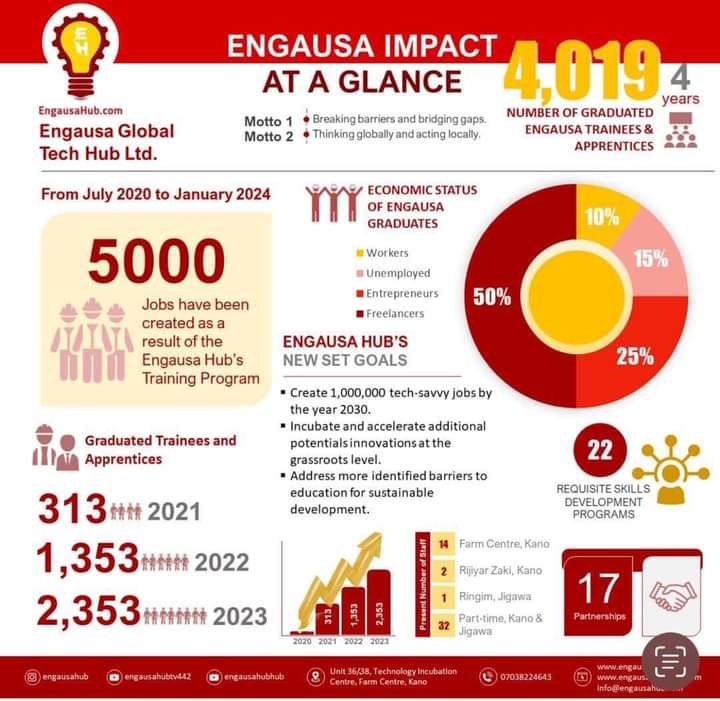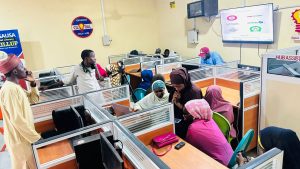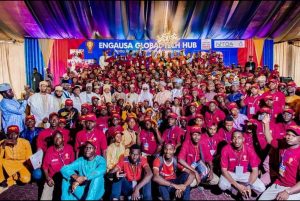Breaking Barriers and Bridging Gaps: The Role of Mother Tongue-Based Education in Skills Development Programs

In today’s rapidly evolving world, where technological advancements are shaping the future of industries, the importance of acquiring technical skills cannot be overstated. However, for many aspiring individuals, especially those in underserved communities, accessing quality technical education remains a significant challenge. One of the key barriers hindering their progress is the language barrier, particularly the reliance on foreign languages in educational systems.

The motto “breaking barriers and bridging gaps,” championed by www.EngausaHub.com, encapsulates the essence of addressing this issue by advocating for mother tongue-based education in skills development programs. With a wealth of supportive information gathered from its initiatives, ENGAUSA demonstrates that this approach is crucial for ensuring education for sustainable development.
By breaking the foreign language barrier, individuals can effectively learn technical skills in a language they are most comfortable with, thereby facilitating better understanding and retention of knowledge. This approach not only enhances understanding but also fosters cultural relevance, empowerment of communities, and increased participation in skills development programs.

Mother tongue-based education holds immense potential in bridging the skills gap in our tech ecosystem by making technical education more accessible and inclusive. By prioritizing linguistic diversity and inclusivity, ENGAUSA GLOBAL TECH HUB advocates for creating more effective and equitable learning environments where individuals can thrive and contribute to the advancement of society.
In conclusion, embracing mother tongue-based education in skills development programs is essential for breaking barriers and bridging gaps in our tech ecosystem. As we strive towards a future fueled by innovation and progress, let us recognize the transformative power of language in unlocking the full potential of our human capital. Together, we can pave the way for a more sustainable and inclusive society.




